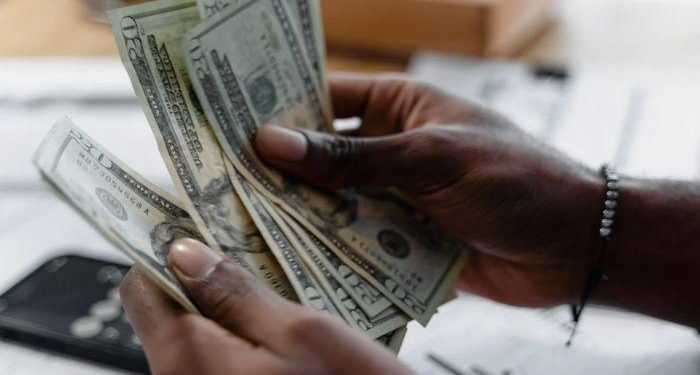The Nigerian naira has hit a new low, trading at N1,533.99 to the dollar in the official market, stirring widespread concern among citizens and market participants. This recent drop in value, reminiscent of the March 2024 high of over N1,600/$1, follows a period of relative appreciation in April.
Data from the FMDQ Securities Exchange Limited revealed that the naira depreciated by 4.89% on Thursday, dropping from N1,459.02 on Wednesday to N1,533.99 at the Nigerian Autonomous Foreign Exchange Market (NAFEM). This decline is attributed to a reduced supply of dollars, with transactions falling by 5.63% from $289.14 million on Wednesday to $272.86 million on Thursday.
During intraday trading on Thursday, the dollar was quoted at N1,590, slightly stronger than Wednesday’s N1,593. The intraday low for the naira was N1,399.20, an improvement from Wednesday’s N1,401/$1. However, in the parallel market, commonly known as the black market, the naira weakened further, closing at N1,535 on Thursday, down from N1,520 the previous day, with some street vendors quoting as high as N1,545.
This depreciation has sparked concern and criticism on social media. One user on platform X commented, “What’s next with APC after Binance ban 1 USD today is 1,545 Naira? Who are speculating and causing harm to the naira.” Another user added, “1 USD today is 1,545 Naira we must brace up for days to come as dollar keep rising fast against Naira.”
In response to the currency’s volatility, the Central Bank of Nigeria (CBN) has granted approval in principle (AIP) to 14 new international money transfer operators (IMTOs). This initiative is part of the CBN’s strategy to enhance cross-border fund transfer services and bolster foreign currency remittance flows. The approval, pending fulfillment of additional requirements, aims to promote financial inclusion and improve remittance transaction efficiency.
Hakama Sidi Ali, acting director of corporate communications at the CBN, emphasized the importance of this decision during a press briefing in Abuja. Ali stated, “This initiative aims to lower the cost of remittance transactions and promote financial inclusion by expanding access to formal channels for fund transfers. By granting approval to these IMTOs, we anticipate an increase in the sustained supply of foreign exchange in the official market, which will ultimately benefit the Nigerian economy.”
Ali further explained that the approval aligns with the CBN’s broader strategy to double foreign currency remittance flows through formal channels. The increased influx of funds is expected to boost liquidity in Nigeria’s Autonomous Foreign Exchange Market (NAFEX) and aid in achieving a market-driven fair value for the naira.
As the naira continues to face significant pressure, the CBN’s efforts to stabilize the currency and foster a more competitive foreign exchange market remain crucial. However, the immediate outlook remains uncertain as market participants and the public brace for potential further declines in the naira’s value.











